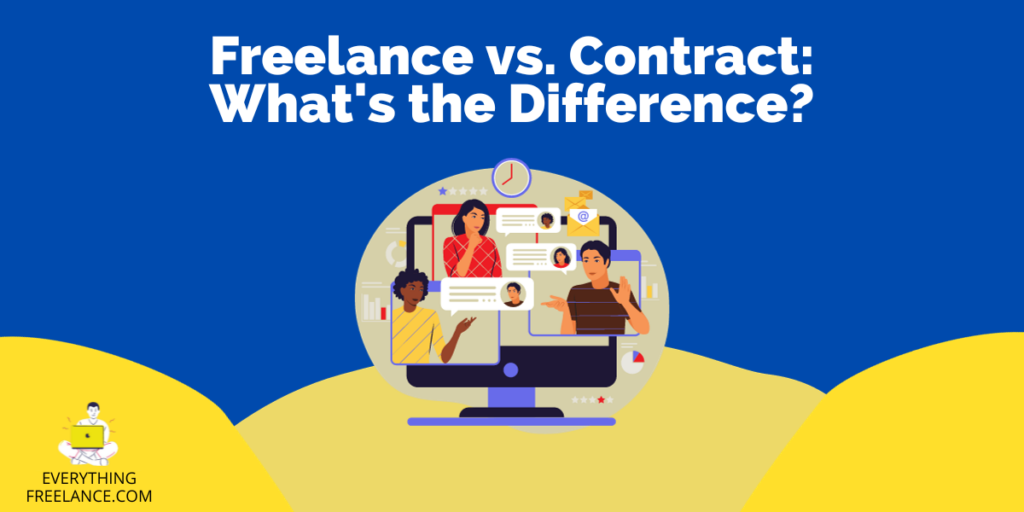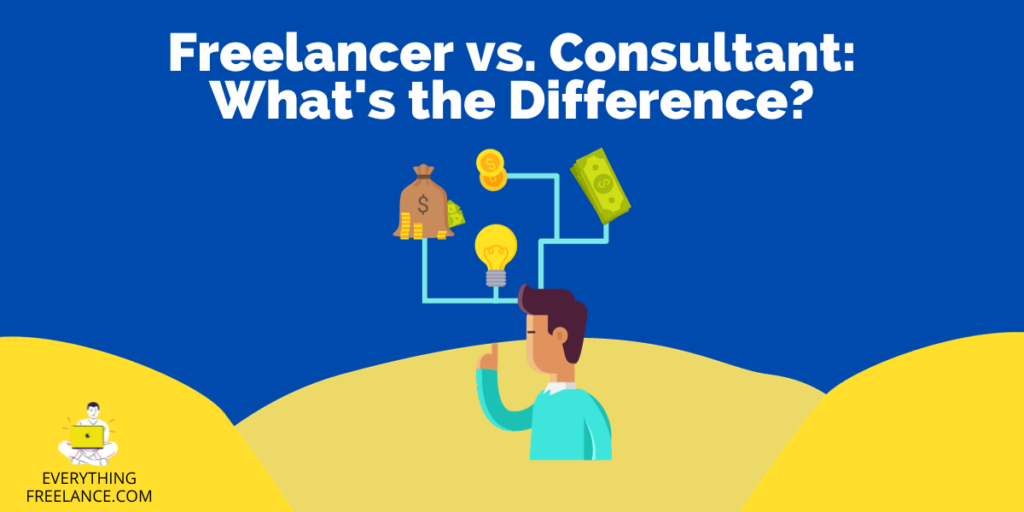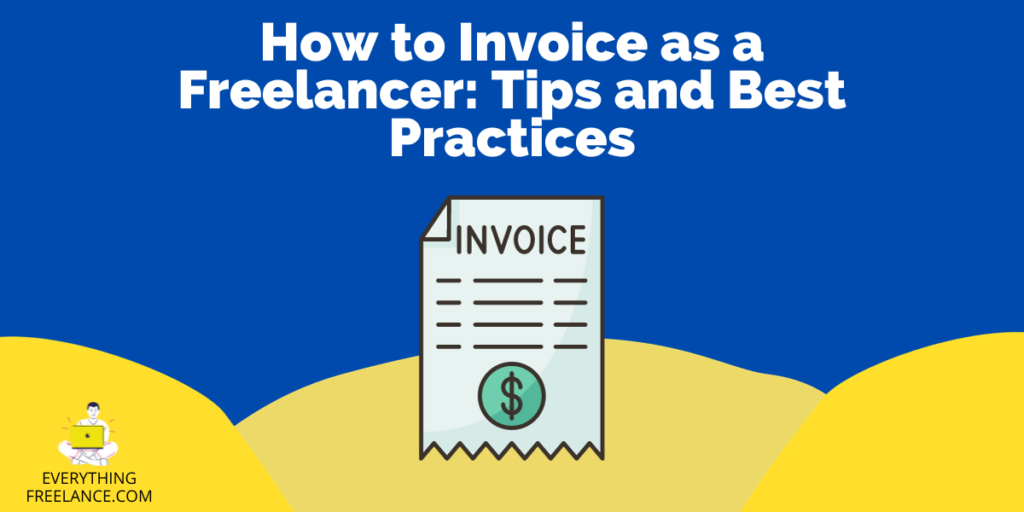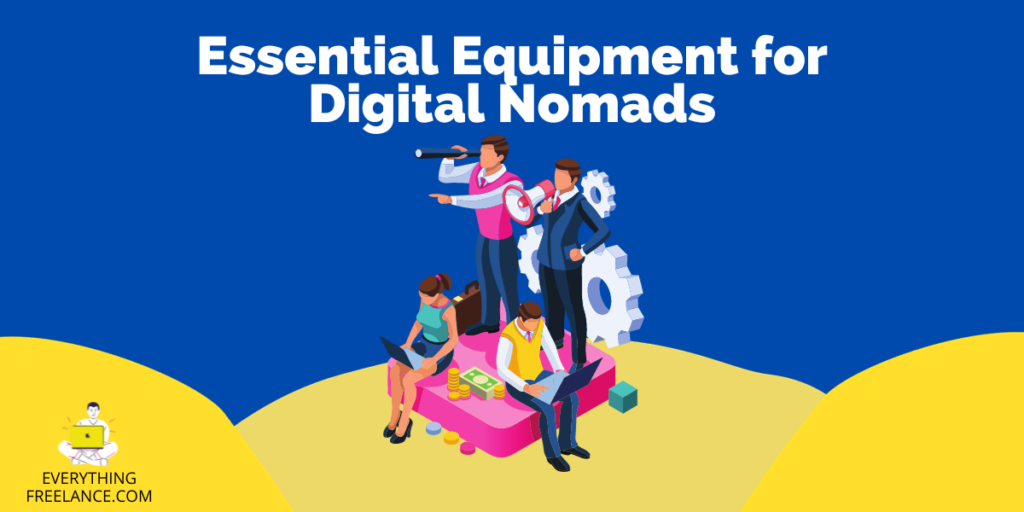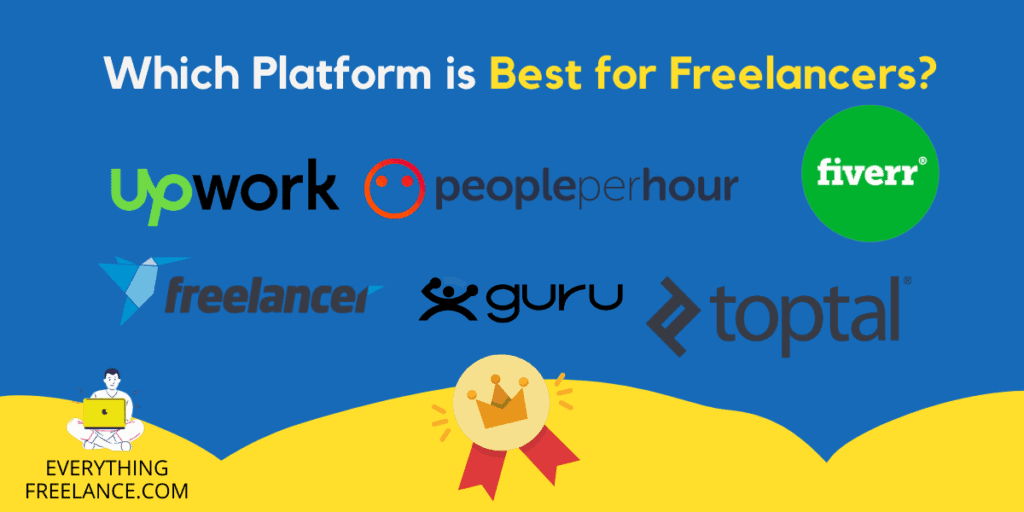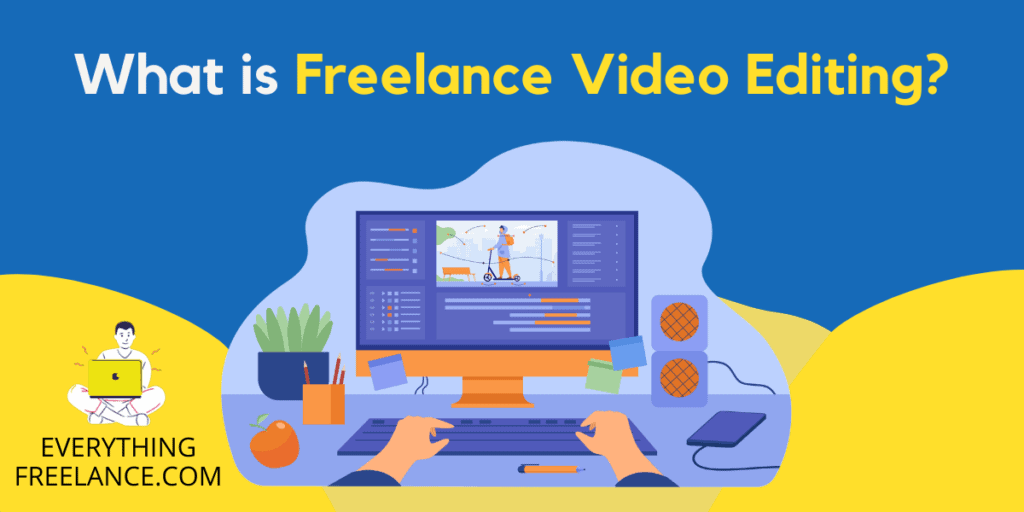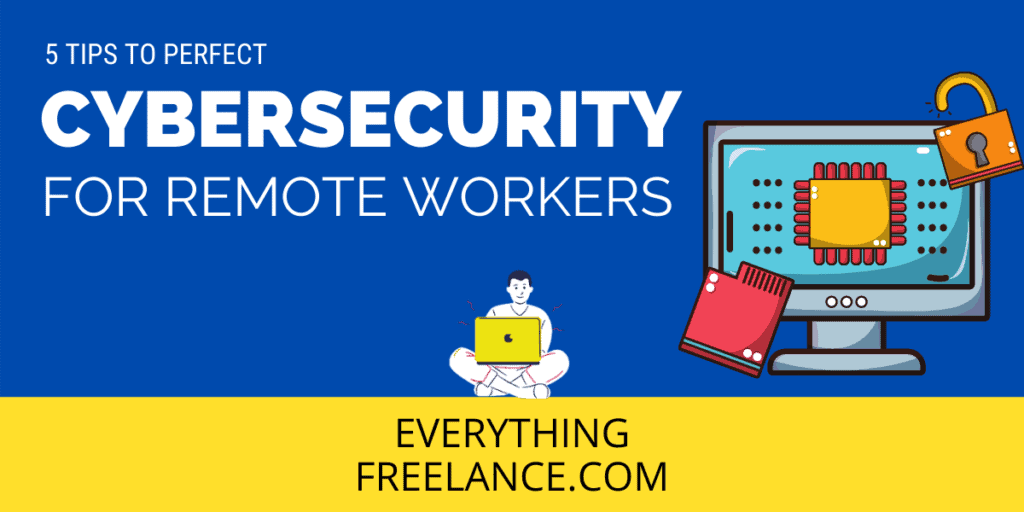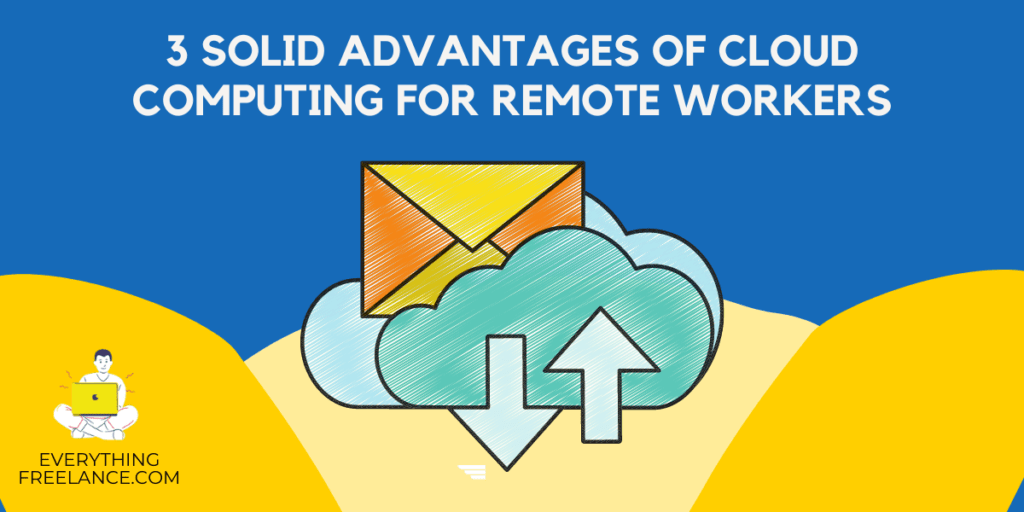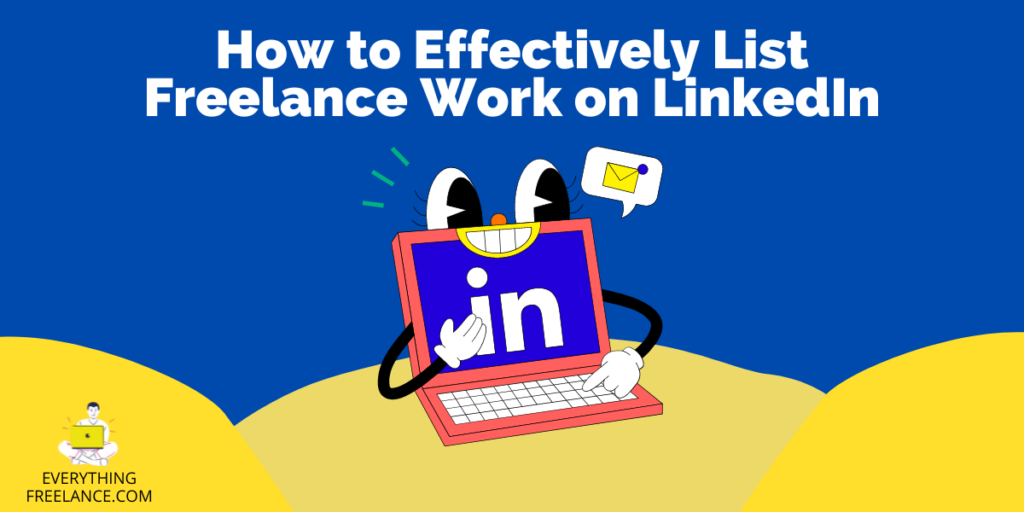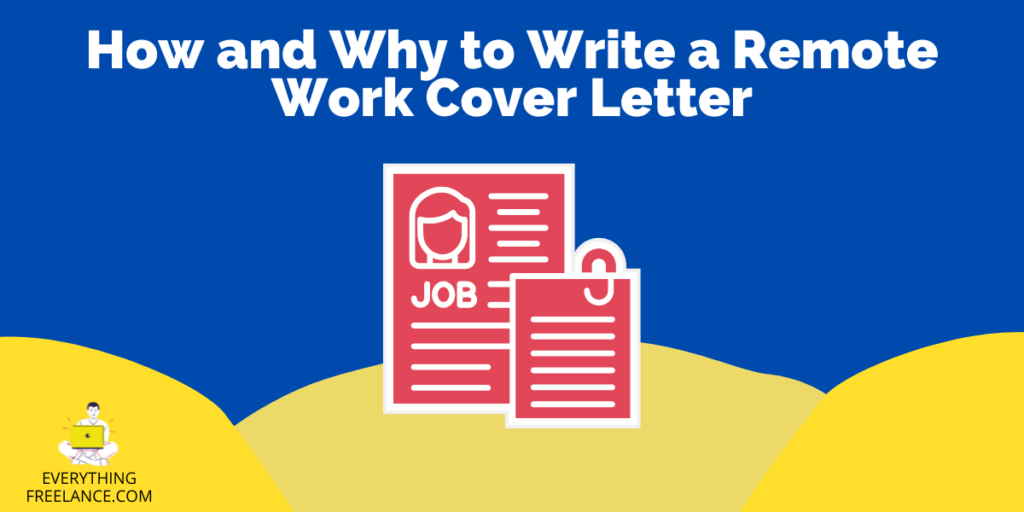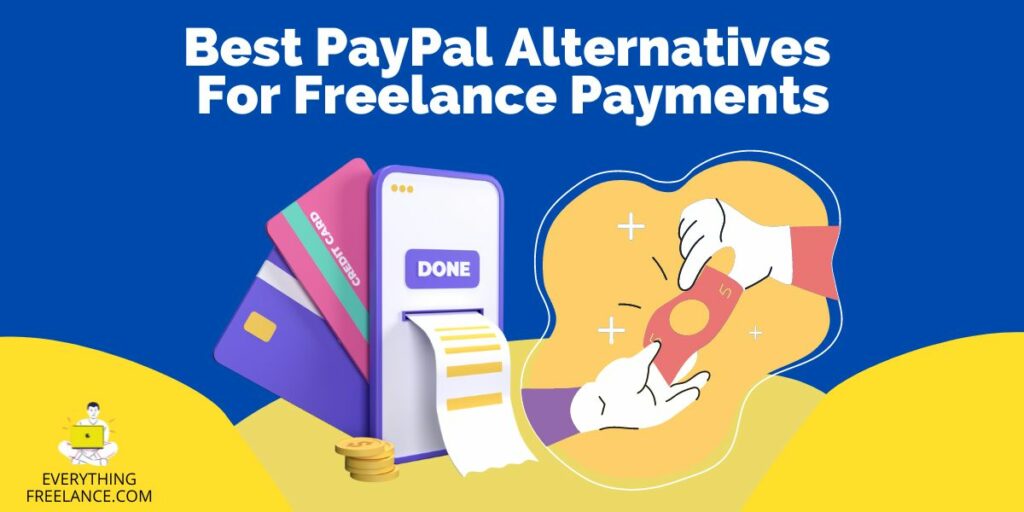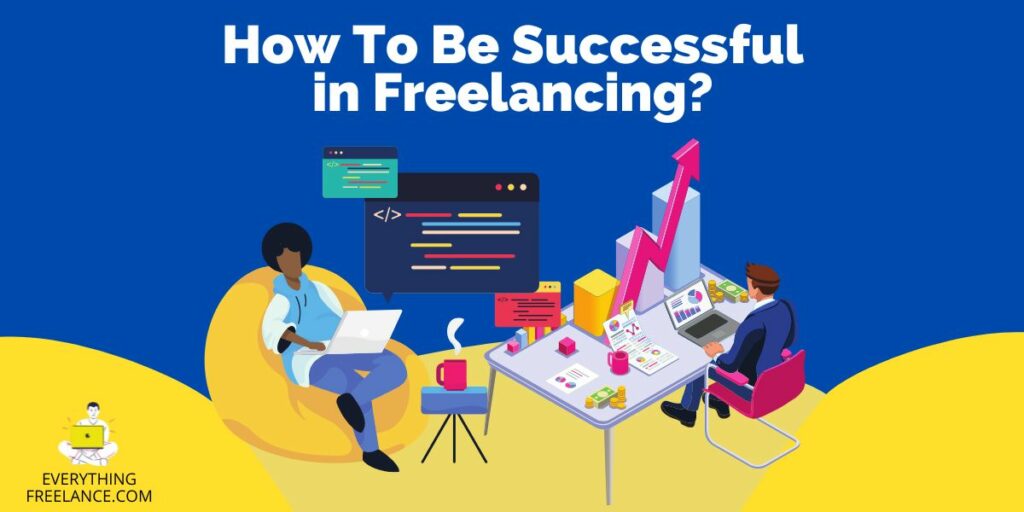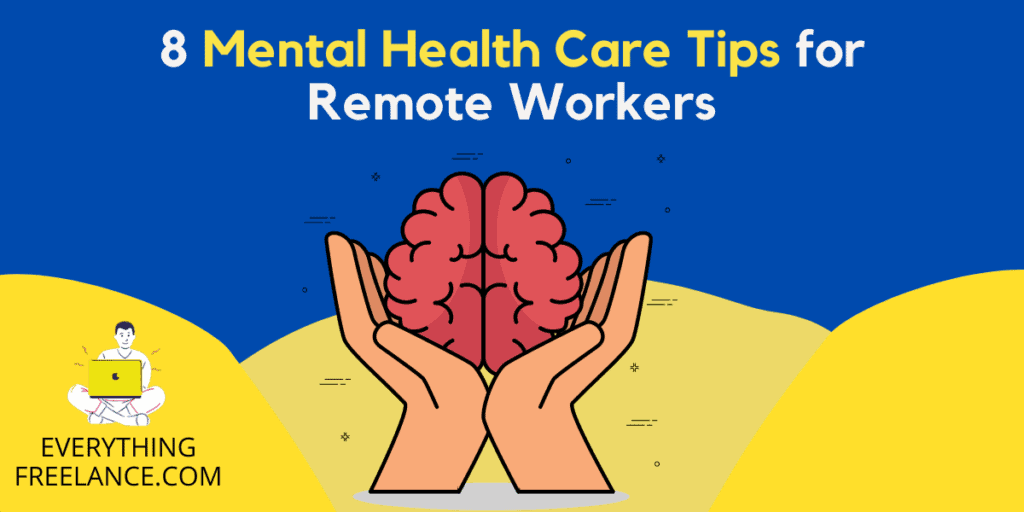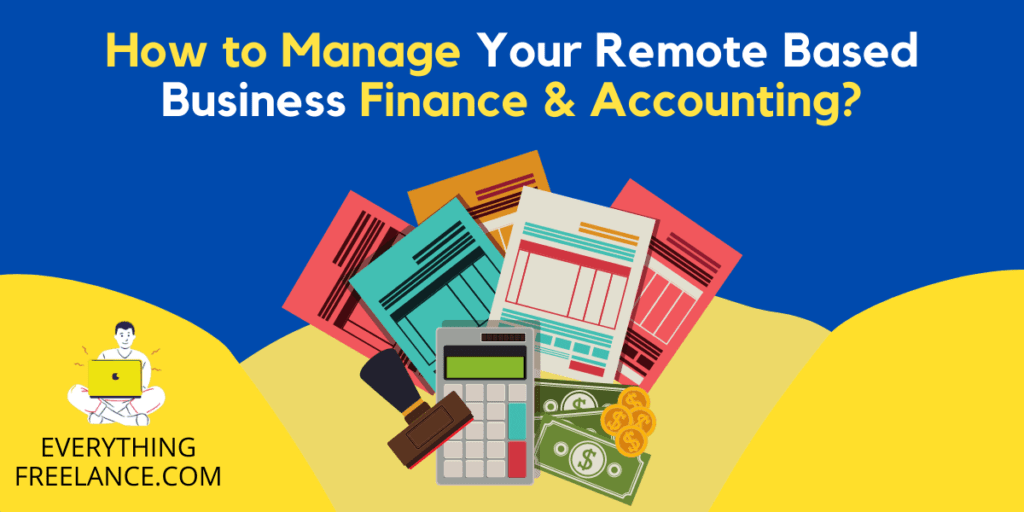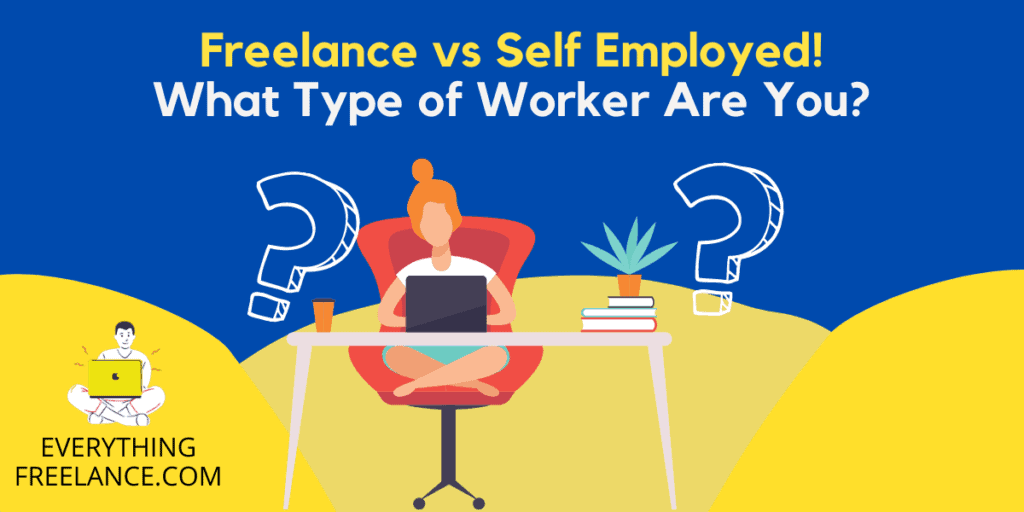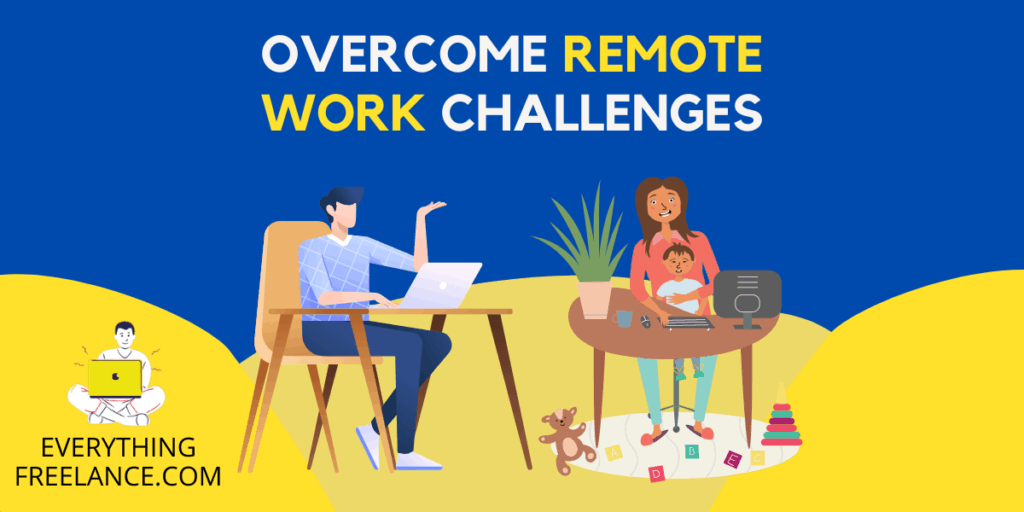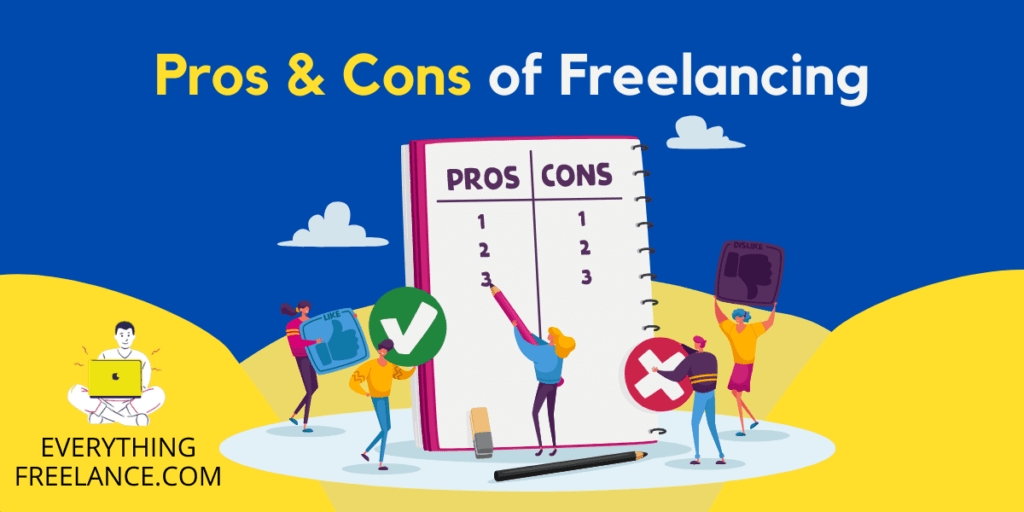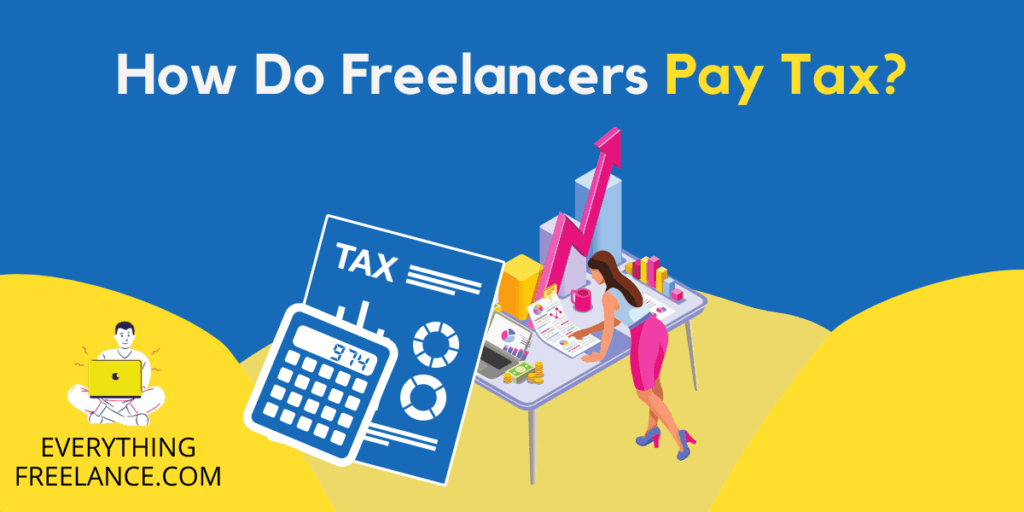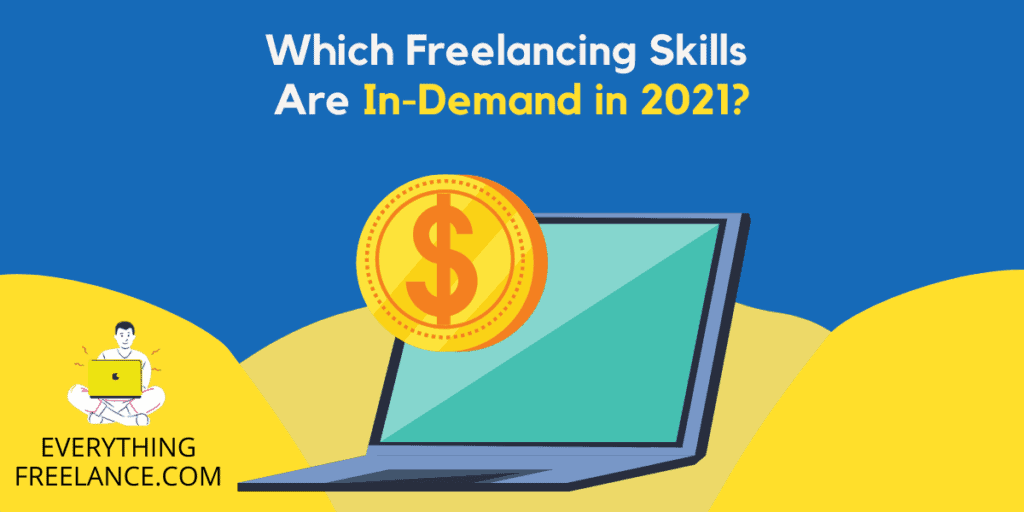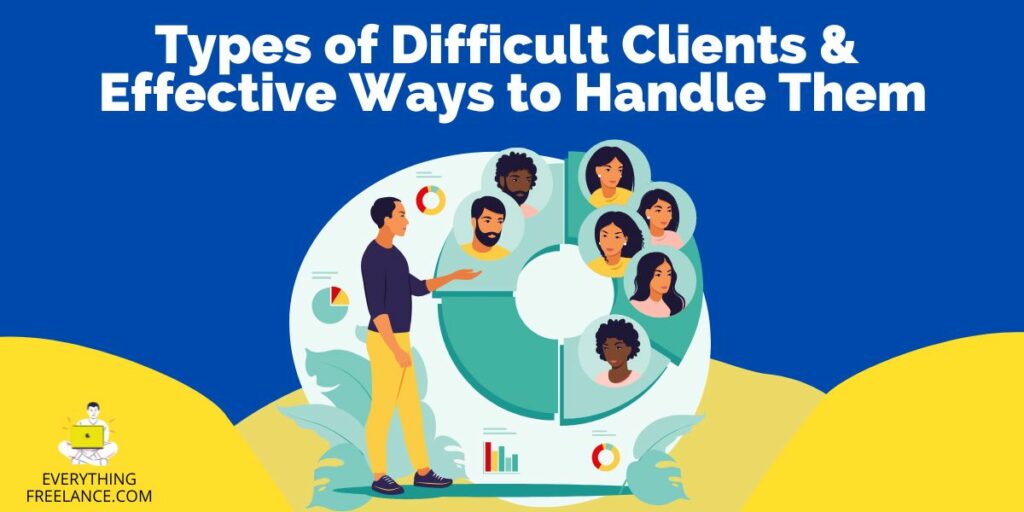It’s undeniable that in today’s economic climate, freelance work is a major driving force. A large percentage of the workforce is choosing to pursue freelance or contracting opportunities. Both offer several advantages over traditional full-time employment, such as flexibility, autonomy, and the ability to choose your own projects.
Deciding which one to pursue depends on what you envision as a career goal and your individual aspirations. If you’re looking for ultimate flexibility and autonomy, it’s perfect for you. However, if you are looking for the stability that comes when you work on long-term projects, then contracting may be a better option.
In this article, we’ll clarify the differences between freelance vs. contract, along with the benefits and challenges that come with each. We will also give you tips on how to recognize the right type of work for you.
What is Freelancing?
Freelancing can be a very lucrative type of self-employment where you work with different clients on individual projects. You decide how much to charge and which projects to accept. In this vein, you are responsible for filing your taxes and ensuring you get benefits.
When you’re a freelancer, you can work on any schedule that’s good for you. You can also choose to work on projects you’re passionate about where you can fully utilize your skills and experience. What’s best – you can do this from anywhere in the world.
What is Contracting?
Contracting is another type of self-employment that can be financially beneficial. You sign a contract to work on exclusive projects only. However, unlike freelancers, contractors typically have a more formal relationship with their clients regulated by a mutual agreement.
Contractors may be required to work on-site and may receive benefits from the client, such as health insurance and paid time off. This means they don’t have to worry about other financial obligations like taxes.
Key Differences Between Freelancing And Contracting
Freelancing and contracting are both viable options for self-employment, but the best choice for you will depend on what you expect to accomplish with this job. If you’re looking for the ultimate flexibility and autonomy, then freelancing may be a good fit for you. If you seek greater stability and longer-term projects, contracting may be a better choice.
Each work model has its unique advantages, and to decide between them, it’s best to do a side-by-side comparison of freelance vs. contract.
| Characteristic | Freelancing | Contracting |
| Relationship with client | Informal | Formal |
| Work arrangement | Project-by-project | Contract-based |
| Flexibility | High | Medium |
| Rates | Set by freelancer | Negotiated between contractor and client |
| Control over work | High | Medium |
| Financial responsibility | Self-employed | Self-employed |
| Benefits | Typically not provided by the client | May be provided by the client |
Benefits of Freelancing

Many benefits come along with choosing to pursue any freelance career. Going into business for yourself may seem daunting at first, but careful consideration of what you may gain, personally and monetarily, may give you the necessary push to set off on your own, especially if you have high-demand skills and experience. Here’s how you can benefit:
Flexibility and Control Over Work
The flexibility to choose your hours, work location, and projects is what makes freelance work truly alluring.
Opportunity to Work On a Variety of Projects
Freelancers can choose to work on any type of project that catches their eye. That can help them develop several skills and gain experience.
Set Your Own Rates
You can set different rates for different clients and types of projects based on your skills and experience.
Challenges of Freelancing
Freelancing can be a rewarding career path for those who are willing to put in the work. By understanding the benefits and challenges of freelancing and by taking steps to mitigate the challenges, freelancers can expect greater success.
Finding New Clients
Finding clients can be a real chore, especially when you’re first starting. Establishing a network may take some time, but every new connection could lead to a new client.
Managing Your Own Business
Being self-employed means you’re responsible for all facets of the business, such as networking, marketing, accounting, and taxes.
Paying Taxes
Nobody enjoys calculating and paying taxes. It’s truly a complicated process. Mistakes can be costly, so the tax side of the business must be pristine.
Benefits of Contracting

Contracting offers many benefits, including stability, the opportunity to work on longer-term projects, the potential for higher earnings, and the chance to develop specialized skills. The many benefits of contract work make it a more desirable career option.
More Stability Than Freelancing
That involves a written contract signed by both pirates, which can provide more stability and legal protection. It’s, in a way, more formal communication with the client.
Opportunity to Work On Longer-term Projects
Choosing contracting work will allow you to sign on for longer-term projects, which can be more rewarding and financially beneficial.
May Receive Benefits From The Client
Contractors may receive benefits from the client, such as health insurance, paid time off, and sick leave.
Challenges of Contracting
Contracting presents various challenges, including uncertain job security, irregular income, and lack of benefits. It also requires continuous skill upgrading, marketing oneself, negotiating contracts, and handling clients. It’s always best to understand the potential drawbacks.
Less Flexibility And Control Over Work
As a contractor, you might experience reduced flexibility and control compared to freelancing. For instance, a client might require you to adhere to their timetable.
May be Required to Work On-site
When undertaking contracting work, you might be mandated to operate from the client’s location, potentially reducing your adaptability.
May Not Receive Benefits From The Client
Not all clients may include benefits, such as health insurance and paid time off, in the contract.
Which Type of Work is Right For You?
You may be attracted to individual aspects of both work models. But before rushing your decision, take the time to answer the following questions:
Your Priorities And Preferences
Keep your priorities straight if you want to refine your choices. What’s most important to you? Flexibility? Stability? Or maybe the chance to work on different projects?
Your Skills and Experience
What are your strengths and weaknesses? What do you enjoy doing, and is this something you’ve been doing until now? Are you proud of your previous experience? You must consider these things when choosing a type of work.
Your Financial Situation
What monetary amount do you want to earn? Think about your financial situation when making your decision – are you ready to cover the expenses of being self-employed?
Final Thoughts
Freelancing and contracting are both practical choices if you’re considering self-employment. The most suitable form of work for you will hinge on your priorities and preferences. When trying to decide between the two, carefully consider the factors we mentioned above. Step onto your path to financial independence by making the right choice today!


